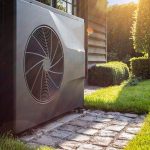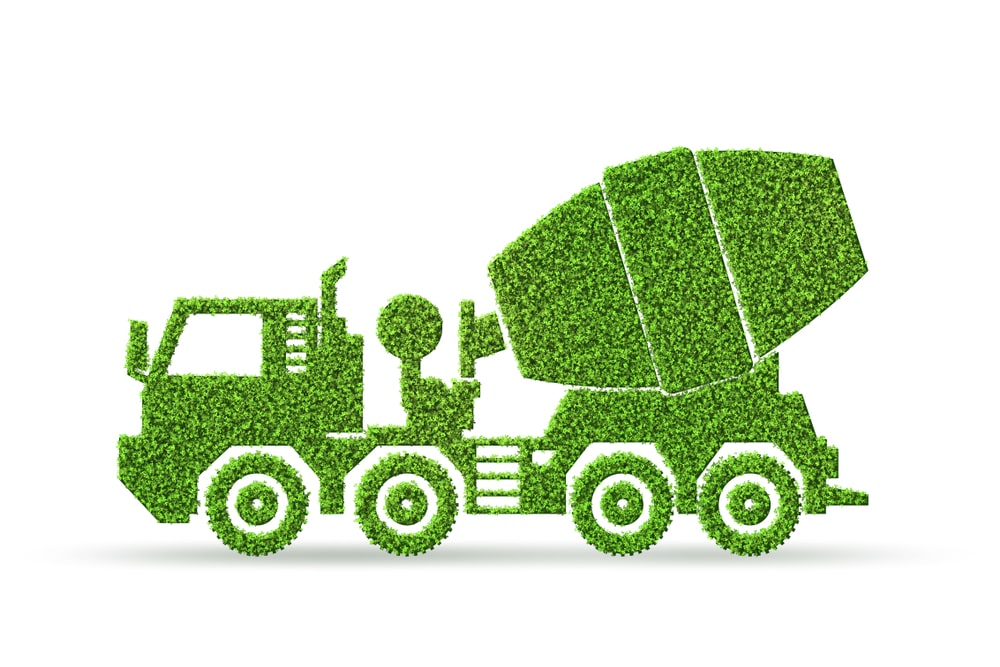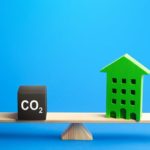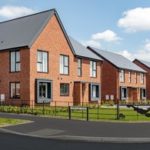News - Construction News
Net zero carbon emitting EcoGen homes explained
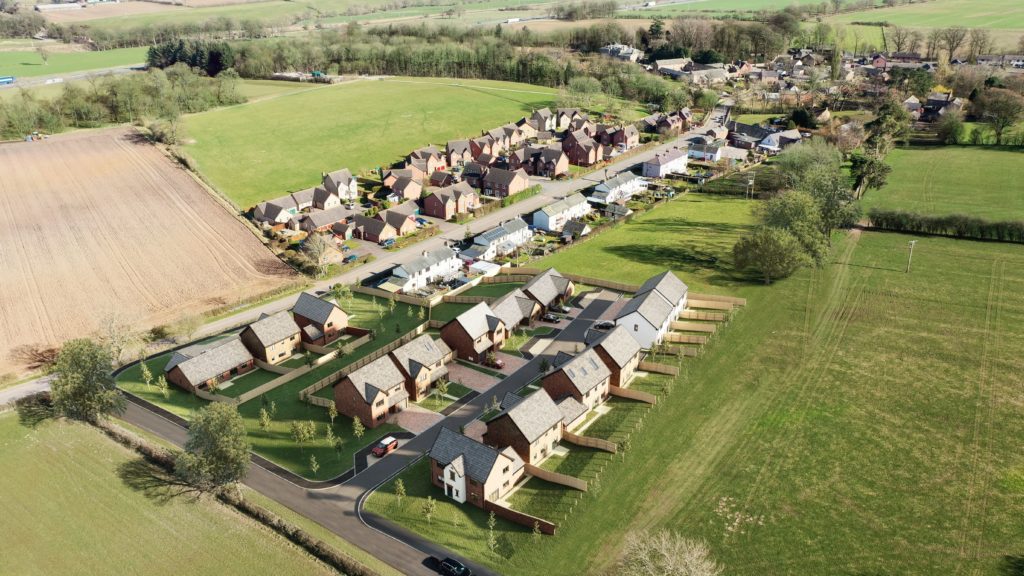
GENESIS Homes is breaking ground with its pioneering EcoGen project which will result in 16 net-zero carbon emitting new homes built in Calthwaite, in Cumbria. Each home will have solar photovoltaic panels on the roof to obtain energy from daylight to power the home, a solar assisted heat pump to provide hot water storage, a small, powerful battery unit that will be charged from the electricity grid using 100% green tariff energy, electric vehicle charging points and infrared heating panels. It will all be managed by one smart home system through an integrated app.
Managing Director Nicky Gordon talks through why the project was so important to him and the business.

Nicky Gordon
Where did EcoGen come from?
EcoGen is a live project and something we actually started just before Covid-19 as we were looking at the sustainability agenda for the business and how we were acting as a business and individuals in our working and personal lives. We picked it up early in 2022 particularly because of what’s happening with climate change and it’s something we have put real emphasis on in the past six months.
What progress have you made?
When we started looking at the project again, we were looking at how we acted and it felt like we were only making small, yet important, changes. What were we doing around the office, what vehicles we were driving, how we were charging them, what the waste management was like in the office. We felt like we were making changes but not making the strides quickly enough.
As a starting place, we accelerated what we were trying to do with the product and we have worked with some very clever and intelligent consultants who have developed a concept which we believe is pioneering in that it is net zero carbon emitting and incredibly smart, intelligent homes.
Having launched the project in April, construction is progressing well and we hope to welcome the first EcoGen homeowners into their properties before the beginning of 2023.
What is EcoGen and how does it work?
In a nutshell, an EcoGen home is a 100 per cent electric home connected to the grid which makes it self sufficient and fully renewable. There’s always a concern about what happens if there’s a mechanical failure or if the lights go out, so maintaining that grid connection was important in the first instance. The home has a battery and that’s a really intelligent part of the home and that is charging from the grid during off peak hours so when the grid is low burning and not putting out high levels of CO2 emissions it’s charging in the house waiting to be used when there’s a demand in the house. Beyond that, there are solar photovoltaic panels which provide power on demand for recharging the battery after it is used and there is a really clever heat pump in the house.
We hear a lot about air source and ground source pumps, but we have actually gone for a thermodynamic pane which takes charging currency from the ambient temperature outside whether it’s hot or cold, night or day, and it will provide the home with power usually in the form of heating the water.
The most talked about item of the home is the infrared heating which is something extremely exciting and interesting about how we feel the warmth of radiant heat from an infrared panel as opposed to a radiator or an electric heater which usually fills the air around us. That’s why it’s energy efficient because it is heating our bodies and the objects around us rather than the whole room.
There are also electric vehicle charging points. All these items are home smart managed so everything within the house is linked up to an app which can be used on your phone, tablet or computer anywhere in the world allowing you to constantly monitor the energy efficiency.
What’s next for EcoGen?
The world is your oyster with EcoGen really. The two areas we are focused on are in our construction and in more of the lifestyle and behaviourial changes we feel we as humans need to make. On the construction side of things, we are looking at the embodied carbon – that’s the carbon it takes to produce our houses so a huge amount of research needs to be carried out on this.
Firstly we need to understand how we measure the embodied carbon in products that we use so we will start to measure them and start to understand where our products are coming from, where the materials are coming from and what the emissions are and where we can make efficiencies in that and how we deliver it and where our trade contractors come from.
We are also looking to bring more efficiency into the fabric and in the construction. On the wellbeing side of things, we have got what we feel is an opportunity to establish a wellbeing brand so we will be looking at how we guide our customers in the best use of their house so they get everything out of their house in terms of thermal efficiency qualities.
We will look to encourage them in their own lifestyles to adopt changes which will lead to not just a more sustainable future but a happier future too. Smart home technology will play a big part in that and we are focusing on smart technology and energy efficiency and obviously the house is future proofed. This is a great opportunity for EcoGen and Genesis Homes to promote wellbeing.
If you would like to read more stories like this, then please click here
Related Articles
More News
- UK Introduces New Trade Measures to Support Steel Sector
11 Jul 25
Steel producers across the UK will benefit from stronger trade measures from 1 July.
- Clean energy future to be ‘built in Britain’
10 Jul 25
The Clean Energy Industries Sector Plan comes into force to ‘build it in Britain’.
- Thousands more to get the tools they need to start construction careers
9 Jul 25
Thousands of people are set to benefit from on-the-job training and career opportunities in the
